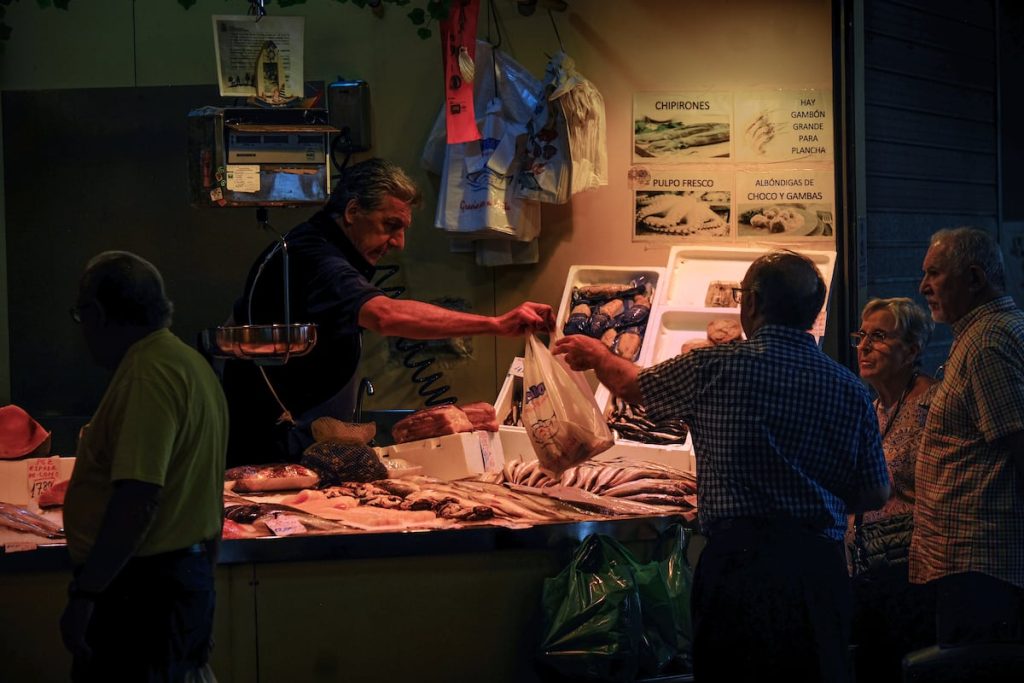In recent years, Spain has faced a persistent problem of rising food prices. Between October 2019 and June 2024, the cost of the shopping basket increased by almost 14 percentage points more than salaries, according to the latest economic forecast presented by the Organization for Economic Cooperation and Development (OECD). This disparity highlights that families have lost purchasing power despite upward revisions to wages, and that the strong national economic growth has had limited impact on households, especially those with lower incomes. This analysis is supported by Manuel Hidalgo, a professor at the Pablo de Olavide University, and Raymond Torres, the director of economic analysis at Funcas.
Hidalgo believes that the Spanish economy is currently in a phase of strong expansion as a result of the post-pandemic recovery and economic growth. Despite the significant increase in employment, with the country expected to surpass 22 million employed individuals for the first time this year, this growth has not translated into substantial improvements in per capita income. While the number of families with purchasing power has increased, the actual economic capacity of families has not improved in real terms. Torres adds that the increase in population can also affect per capita income, as it may reduce the average income available to each individual.
Data from the OECD indicates that the gap between the increase in food prices and nominal wages in Spain is 14 percentage points, higher than in neighboring countries like Italy and France. This disparity is even greater compared to other G-20 countries like the United States and Australia, where the difference is less than four percentage points. However, countries like Germany and South Africa have even larger gaps. Despite recent increases in wages, nominal incomes in Spain remain below pre-pandemic levels when accounting for inflation in food prices, exacerbating the perception of lower purchasing power among households.
While President Pedro Sánchez has claimed that Spain has recovered the most purchasing power in the EU after France, recent evidence suggests otherwise. The impact of inflation on household purchasing power has led to a reliance on exports and public spending rather than private consumption to drive national growth. Even with the recent upward revision of the GDP by the National Institute of Statistics (INE), private consumption has only grown by 0.5% compared to pre-pandemic levels, while public spending has increased by 13.5%.
Factors such as the war in Ukraine disrupting agricultural exports, rising fertilizer and fuel prices, as well as drought affecting essential products like olive oil, have contributed to the increase in food prices in Spain. Recent rainfall is expected to lead to better harvests and help moderate prices. Additionally, the decrease in fuel prices may reduce transportation costs and alleviate pressure on food prices. Overall, these factors may contribute to a gradual decrease in food prices in the coming months.















